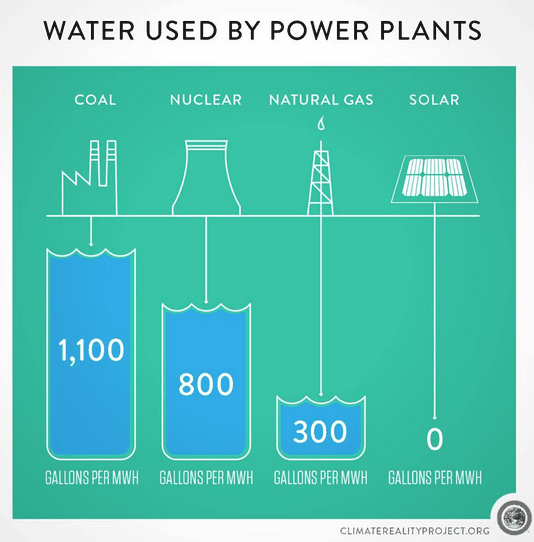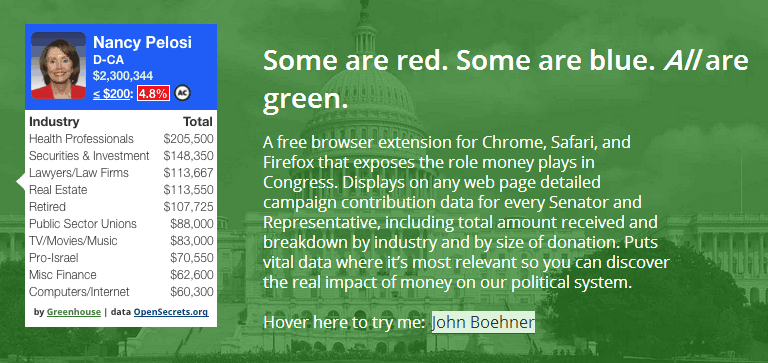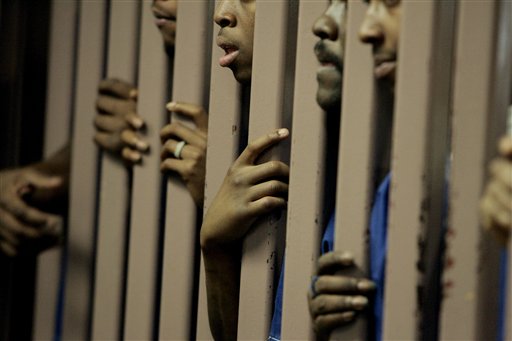Lawyer Michael Busby is seeking $1 million in damages from a Houston fortune teller after a ritual to reunify Busby with his wife went awry. The Houston lawyer filed the lawsuit December 16 against several defendants allegedly associated with the Houston psychic services business, Psychic Love Spell Center.
Busby, a certified attorney since 2002 and currently a bankruptcy and family law practitioner at Busby & Associates, is suing Melena Thorn, the fortune teller. Busby allegedly states that fortune teller, Thorn did not return $2,700 Busby gave her in order to be ritually reunited with his wife.
The $2,700, Busby says, was to be cleansed by the psychic and then returned and placed under the marital bed. Busby alleges that he “filed suit not because the ritual failed, but because the contract was not honored and the woman lied about services being sold.”
Busby first paid $30 for a tarot reading, after which the psychic advised the husband-wife reunification ritual. Busby paid for the tarot reading he said, to “give [him] an edge.” The fee for the ritual was $500, which Busby paid by gift card.
Busby is seeking a class action suit, alleging that over 100 people have been defrauded by Psychic Love Spell Center.
Thom has responded that she never received the $2700 from Busby, and that the $500, which was used for candles and other materials involved in the ritual, would be refunded when she could get the money together.
Busby has published the work up of the case, in which he notes that “The defendants are a family of Roma…. The family have strong gypsy roots…. I believe that all the names used are not birth names, nor has there ever been a court order granting name changes for any of the defendants….” Busby also notes that he has not found any listed corporate entity for the defendants, no “doing business as filings,” and no records of sales tax paid to the state.
Busby filed his original petition December 16, in which he seeks “monetary relief over $1 million” and a permanent injunction against the named defendant from fortune telling within the state of Texas. Busby is also seeking a “permanent injunction prohibiting the defendants from practicing or advertising Psychic abilities within the state of Texas.” On December 20 subpoenas were issued to the Houston Better Business Bureau and the Bellaire Police department.
Busby is reaching out to prospective co-plaintiffs: “Texas and Houston residents, I have stuck my chin out there and they are taking swings at me. If you need help with this family, now is the time to come forward.”
Commenting lawyers have noted that the proceeding may not succeed as a class action suit. There is not sufficient commonality (under rule 23(b)(3) for class actions that require that “questions of law or fact common to class members predominate” over individual concerns and make the class action a better method than individual adjudication. The prospective co-plaintiffs will be hard to find because of the high level of potential embarrassment and the low potential of recovery. Busby has addressed this issue, “If you do not want to go public about your dealings with the family, I understand. You are welcome to discuss concerns with me privately should you be undecided.”
Lawyers have also commented about the practice of tarot readings to “get an edge” in legal proceedings. Some argue that it is a breach of attorney ethics, others disagree because oracles are available to both sides.
Busby expects to see class action certification before February 2014. Fraud, violation of Texas consumer law and breach of contract are among the causes of action in the lawyer’s lawsuit for $1 million against the fortune teller.
By Day Blakely Donaldson
Sources:
Busby Law
Busby Law
ABA Journal





 The researchers noted that only solar and wind power systems do not require cooling cycles, and recommended replacing other power sources with these systems.
The researchers noted that only solar and wind power systems do not require cooling cycles, and recommended replacing other power sources with these systems.
 designed to allow users to scroll over the names of all members of Congress on any webpage to see a list of the top ten industries from which each receives money.
designed to allow users to scroll over the names of all members of Congress on any webpage to see a list of the top ten industries from which each receives money.




